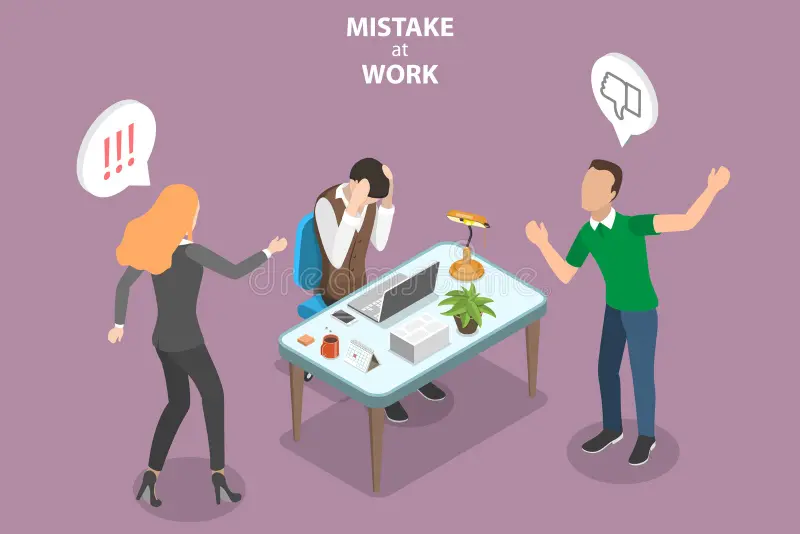
Saying ‘No’ at Work
Being able to say ‘No’ at work, without sounding rude, or unenthusiastic, or lazy, isn’t always the easiest thing to do. But saying ‘yes’ to everything you are asked to do, even when you are already crumbling under work pressure isn’t the wisest thing to do either. It is possible to Saying ‘No’ politely and avoid getting pummeled with work that isn’t yours to take care of anyway. How? Read on to know.
-
Do a cost-benefit analysis
If the extra work that has come your way might be an exciting new project, which will add value to your profile, you might want to consider thinking about it. However, if it is something you feel is purely mechanical, and not worth taking on given your current work load – you may want to let it pass. Be objective about the work, and remember it is completely alright, and not selfish to think about it in this way. Taking something on purely under pressure isn’t going to benefit you in any way. Conversely, it may affect the quality of the work you deliver. Think about what you may have to gain or lose if you take on the extra work. If your pre-determined commitments are going to suffer because of the extra work, consider saying ‘no’ to it.
-
Know your limits
Not every project that you see as a value add, or as a ticket to that ever elusive promotion needs to earn a yes from you. It is better for your productivity and peace of mind to accomplish whole-heartedly what you already have on your plate, than taking on more than you can chew. An honest assessment of your existing work load is something you have got to do before saying yes to extra work. And if you feel that taking on the extra work is going to stretch you beyond your capacity, it isn’t worth saying yes to it.
-
Be clear in your response
If you do decide to say no, make sure that you don’t ‘hint’ at it, or leave the concerned person hanging. This could create misunderstandings and you will in all probability come across as unprofessional for something that wasn’t your mistake in the first place. However you choose to tackle the issue, be unambiguous about whether or not you are taking on the responsibility being offered.
-
How you say ‘no’ matters
How you say no is important because this could determine a lasting professional impression on you. Being polite, yet firm and absolutely ambiguous is of course the first thing you must understand. However, saying ‘no’ up front or directly may come across as rude. There are two ways of responding that almost always work.
a) Saying – “I really wish I could help you out/ I would love to take this on, but unfortunately my week ahead is planned with the xxx project I am currently engaged with.”
b) In case you are unsure, ask for some time and ensure you respond within the time frame you have mentioned. Saying, “I am unsure about taking this on given the current status of my existing commitments. However I sincerely want to help you with it. Could you give me until tomorrow to confirm if I can take this on?” is a great way of letting the other person know that you are not disinterested, however you may not have the bandwidth to take on the extra work at this point in time. So that’s a win-win situation for both parties concerned! -
Offer an alternative/ any help you can
If you do genuinely wish you could help, but aren’t in a position to, offer ways that might make the job easier for the person concerned. If there are tools, or specific material the person may benefit from – share them. In case you can offer some quick guidance to make the job easier, offer it. Without stepping on anybody else’s foot, if you feel that the opportunity may be of benefit to someone else who might take on it and deliver, recommend their name. However, it would be best if you first checked with the person concerned, before making the recommendation. Doing the best you can by helping in whatever way you have the capacity to, establishes the fact that you aren’t shrugging off a responsibility, rather, you sincerely aren’t in a position to do more than you have offered to.
In the world of work, we are constantly faced with challenges. One of them is indeed how to say no, when you are already over burdened, or not interested in the extra work coming your way. We hope the factors we discussed in this post help you make your mind up next time you are faced with a similar situation!




